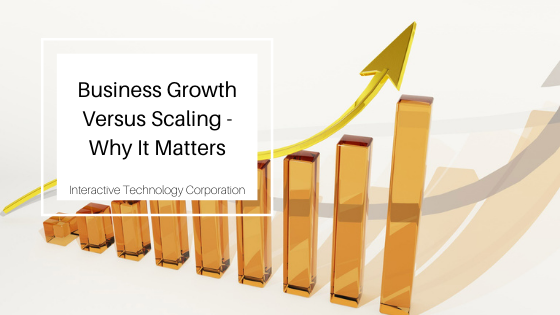Today, successful businesses tend to be measured by the rate of growth and an impaired valuation. Like fashion, trendy start-ups seem to be attracting global attention, while boring companies seem to be receiving little if any critical support from venture funders. The reality, however, is different. Businesses that grow to scale are often meticulously planned and invested in, mainly by their founders, before seeking outside help. Even then, VCs will constantly ask entrepreneurs what route they plan on taking to scale their business.
Not all start-ups grow beyond borders. It may be geographical or demographic. Some businesses do just fine operating at a small scale while remaining profitable. Venture capitalists are constantly chasing after high growth potential companies and may lead to fierce investing in a small business not built for scale. Knowing that scale is not necessarily growth should guide you in deciding the appropriate course of action. There is merit in starting small and growing gradually.
The scale connects to increasing revenues generated by one unit of a resource by utilizing it more efficiently. It is about making the business more efficient in its use of available capacities and resources. As a company reduces its inefficiencies and achieves more sales, it must also decrease its costs. Growth, on the other hand, is about acquiring and optimally allocating resources. Reduction of costs and increase in recurrent revenue are critical characteristics of a scaled business.
On the other hand, growth looks at recruiting more staff to expand into different geographies and demographics based on developing a revenue base, expanding its team, and successful fundraising rounds. Whereas there is room for both, one can achieve scale without growth and vice versa. A company can increase its revenue through automation and digitization while reducing its staff numbers. The biggest problem with the growth-focused approach is that it requires heavy capital injection to sustain constant growth. Because of this, financial gain is only possible by sustaining heavy losses.
The consequences can be devastating where companies scale or grow without choosing the right strategy. Although growth rate drives eventual exit valuation, businesses with scalable models progress much faster with less effort than growth-focused companies. If your company struggles with scale today, growth will only ignite fires that will have to be put down further down the line.

